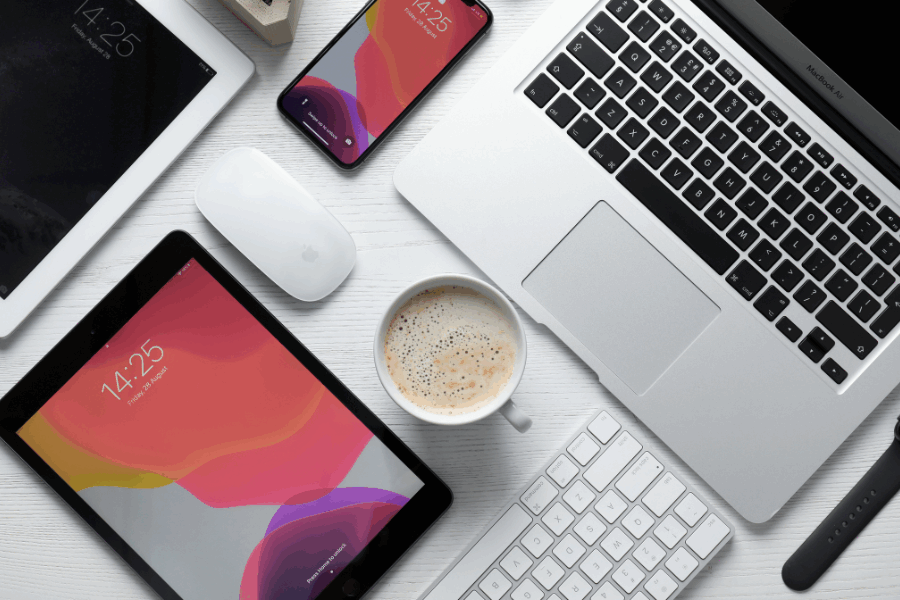
We’re a nation of people attached to our mobile devices, constantly seeking new information.
According to a study by Whistle Out, the average person will spend 76,500 hours on their smartphone over their lifetime, that’s 8.74 years of your life spent staring at a screen.
It’s not just the total hours that are concerning; it’s how often we’re reaching for our devices. A 2021 survey found the average UK adult checks their phone every 12 minutes, with 40% checking within five minutes of waking up, and this figure reaches 65% for those aged 35 and under.
Why it’s so hard to put your phone down
Every ping or buzz can trigger the release of cortisol (a hormone linked to stress) as your brain flags it as something that needs immediate attention. Similarly, it also releases dopamine, creating a sense of anticipation and reward, leading to compulsive checking. (Jennifer Oaten, 2023)
This cycle can make us feel stressed, distracted, and mentally scattered, before we’ve even had our first coffee!
The scrolling trap
We’ve all been there: you open an app for a quick look and an hour later you’ve forgotten why you even picked up your phone.
Social media algorithms are designed to keep us scrolling, showing us more of what we engage with, regardless of whether it’s useful, positive or even what we were looking for in the first place.
When we’re mindful about going online, we’re more likely to find what we need quickly, feel satisfied and avoid falling into the endless scroll.
Keep an eye out for the second blog post in this series where we’ll explore practical steps you can take to break free from device overload and boost your productivity.
About us
At Rise Workplace Wellbeing, our mental health and wellbeing modules explore topics like digital wellbeing, stress management and mindfulness, to help people build a healthier relationship with technology.
Get in touch to find out more about how we can support your workplace.